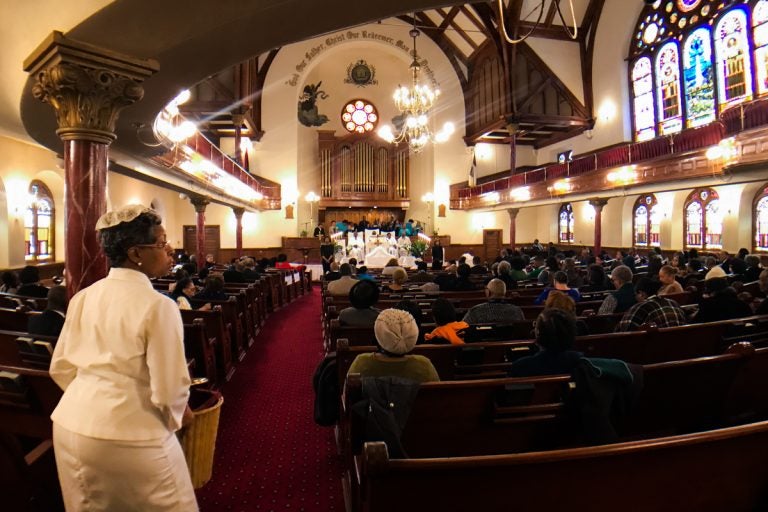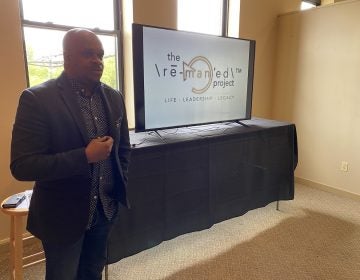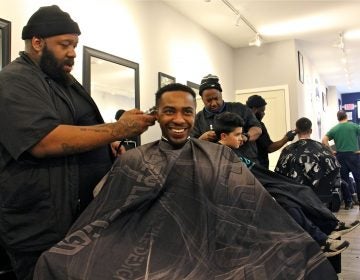The benefits of black church
Many African Americans seek out predominantly black churches. An African Methodist Episcopal reverend says separate black spaces can be good for mental health.
Listen 03:08
Mother Bethel African Methodist Episcopal Church in Philadelphia, Pennsylvania. (Alex Stern/WHYY)
In a 1960 interview with ”Meet The Press,” Rev. Martin Luther King, Jr. said, “I think it is one of the tragedies of our nation, one of the shameful tragedies, that 11:00 on Sunday morning is one of the most segregated hours, if not the most segregated hour, in Christian America.”
Rev. Mark Kelly Tyler sees a similar scene as his congregation files in on Sunday mornings.
“I think now it’s much more about a cultural issue, right? So cultural identity,” says Tyler, the senior pastor at Mother Bethel African Methodist Episcopal Church in Philadelphia, Pennsylvania.
“It is to address just some of the issues that happen to you when you are in a society like ours,” Tyler says.
Tyler says while formal segregation has ended, racist attitudes remain in the United States — which make places like Mother Bethel vital. They “become places that are crucial not only for leadership development, but for self esteem, for self-worth, for the building and repairing of people who have been torn down in many ways through larger society.”
Many members of Tyler’s congregation work in predominantly white spaces, often the only black voice in the room.
“They’re in board meetings having to argue about why using a particular image in an advertisement is a bad look … I hear this from so many members, that they get tired of being the person who has to always defend black people. And so it’s good for them to come here, and it’s, at least, I can just know that that’s one fight I don’t have to do here.”
Tyler says that ability to let your guard down, in addition to a shared culture and spirituality, is good for congregants, and good for their mental health.
WHYY is your source for fact-based, in-depth journalism and information. As a nonprofit organization, we rely on financial support from readers like you. Please give today.







